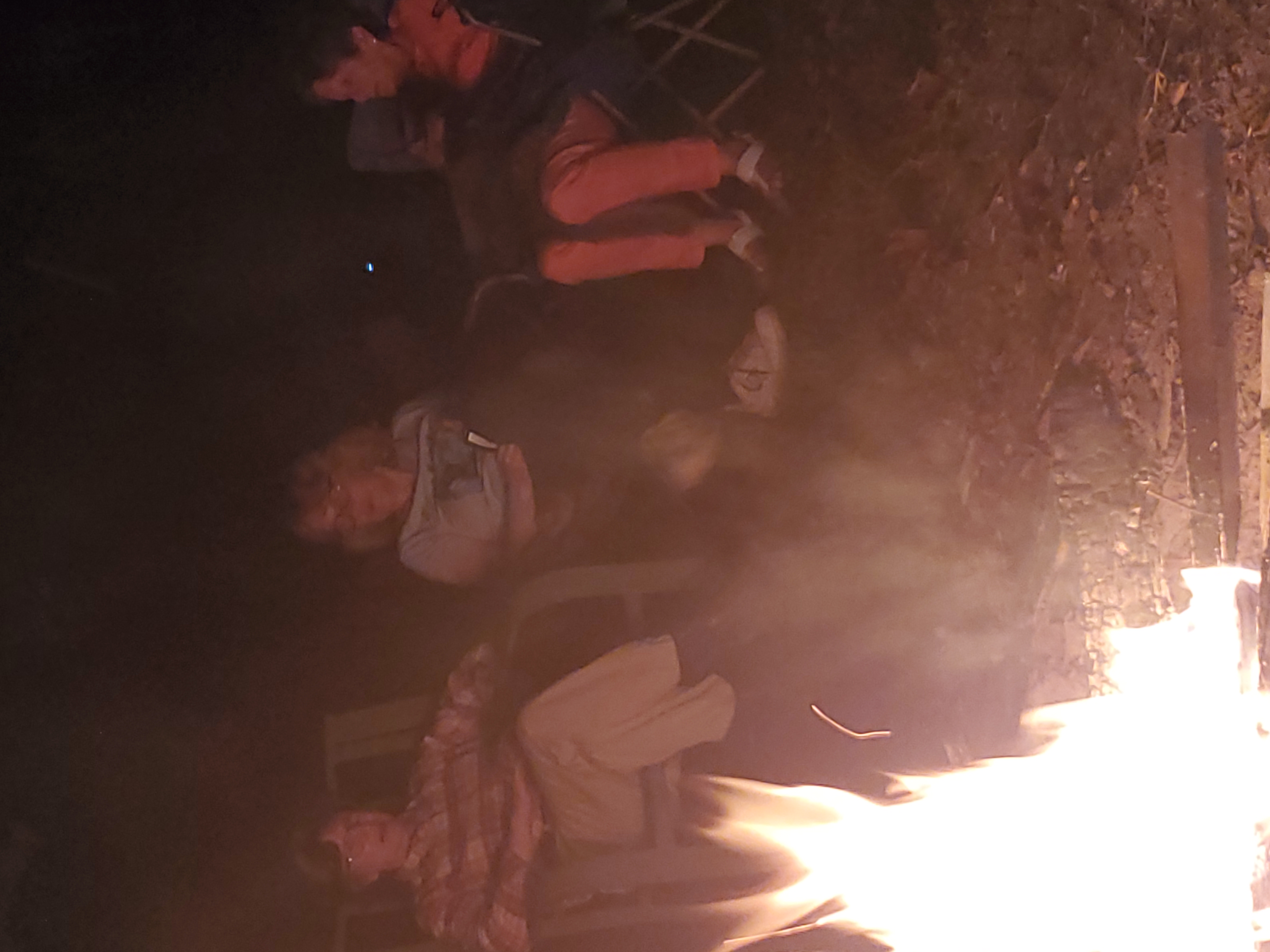Now, here’s a word for you: weird. I looked it up and found a trail back to around 1400 C.E. (C.E. stands for Common Era, a secular way to say A.D., which, by the way, means “Anno Domini,” or the “Year of our Lord” in Latin, and NOT “After Death”). Anyway, an online search gives this word, in its modern iteration, a traceable history of at least 700 years.
The original meaning of “weird” was “able to control destiny.” The word apparently started out in Proto-Indo-European (the Australopithecus of the family of human languages) “wert-“, meaning to change the direction of something; thence to something in Old Norse that I cannot transcribe with my QWERTY keyboard, which means “fate,” but also refers to one of those three eyeball-sharing witches that wind their way down through so many mythological stories; on down to “wurt” in Old High German; from there perhaps to Old Saxon’s “wurd”; or maybe by way of a pit-stop as Proto-German’s “wurthiz”; and finally (last stop with a weird spelling), a stint in Old English under the guise of “wyrd.”
Move on into Middle English, and the modern spelling will eventually emerge. So, how did this word find its way into modern slang; why do today’s youth casually refer to one another as “weirdo” without looking over their shoulders? According to my source, we can blame it on old Mr. Shakespeare, who in writing Macbeth, referred to his three witches as “The Weird Sisters.” And indeed, these women were weird by today’s standards—throwing around frog parts, making a repulsive stew, and dancing around their fire like demented cranes. Hence, the gradual evolution of the word from something to inspire terror to a concept barely worthy of a raised eyebrow.
Being one of three sisters who grew up way, way out in the country and were light-heartedly accused by some classmates of being Druids, I find it easy to let the phrase “the Weird Sisters” roll off my tongue when referring to us, and of course I mean that in the most classical sense possible. I’ll end by pointing out the familiar in Mary’s lap, and then I’ll let you be the judge:

For your further edification:
weird | Etymology, origin and meaning of weird by etymonline
Familiar (noun): a demon supposedly attending and obeying a witch, often said to assume the form of an animal. (1) familiar definition – Bing
Perfect photo!!
Thank you. I’m trying to decide which of the shadows are actually cats.
Yes we should have added Eye of Newt!!!!
That would have been extremely delicious!
I think said cat was in my lap
Yes, but maybe there were, say, five or six others lurking in the shadows. 😉
Proud to be a weird sister!
Me too!
Damn Woman!! You could teach a college course; I am so proud to have you as a sister-in-law. But your humor stands out and always makes me laugh, thanks for making my day brighter!
Thank you, and you are welcome. Love you.